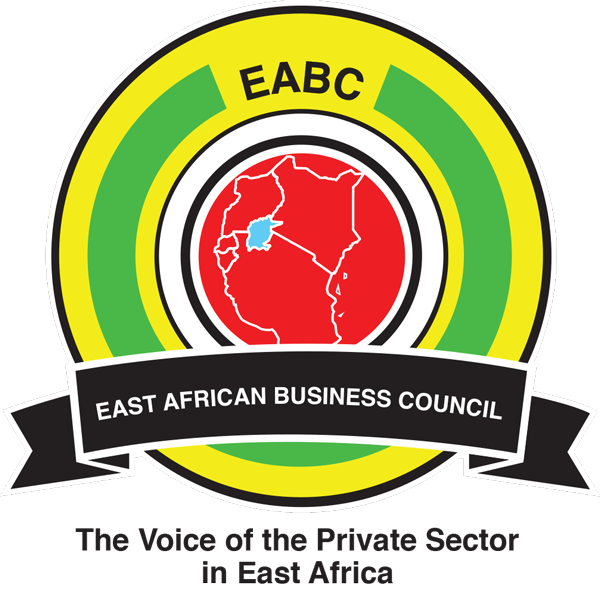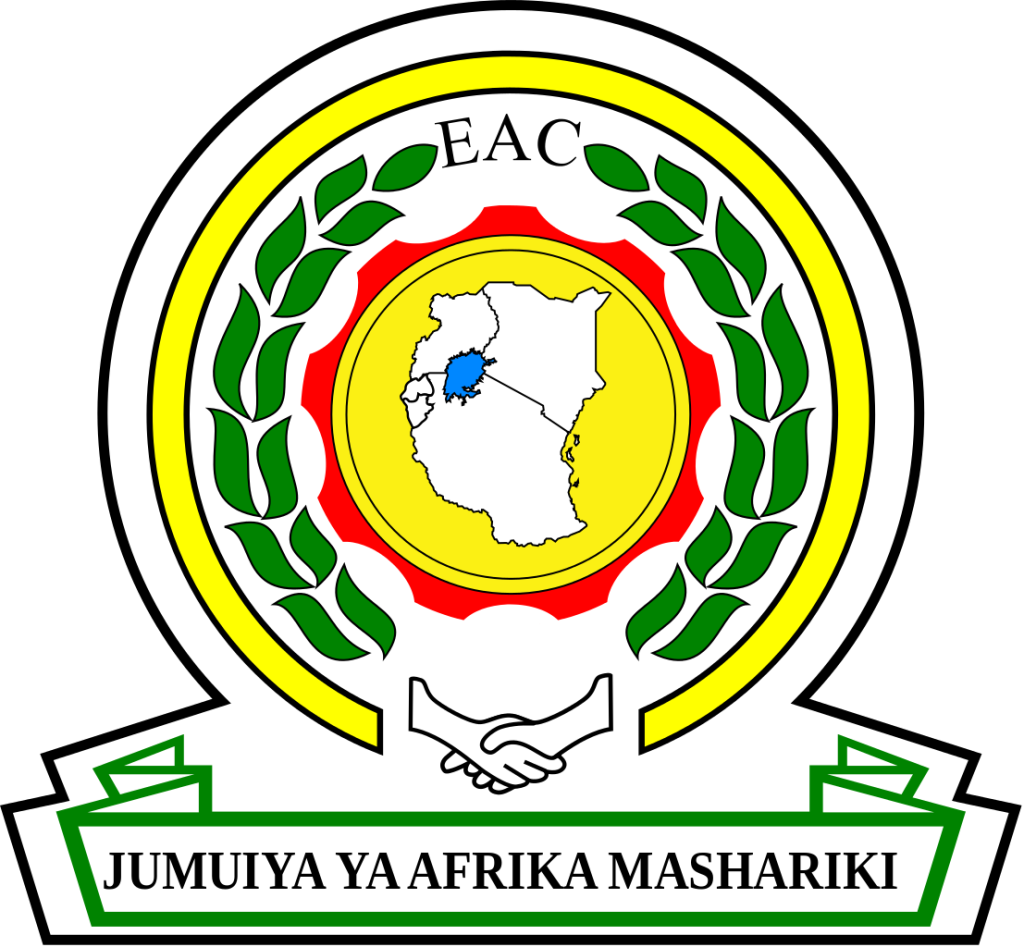East African Business and Investment Summit
East African Business and Investment Summit



The Summit brought together over 500 delegates, including Ministers, senior government officials, industry leaders, potential investors, and representatives from financial institutions. These delegates discussed the successes and challenges facing trade and investments within the East African Community (EAC) and the African Continental Free Trade Area (AfCFTA). The primary objective was to identify necessary policy reforms, chart a path for the future, and leverage opportunities for increased intra-African trade and investment.
The East African Business and Investment Summit & Expo 2023 was graced by the presence of Rt. Hon. Rebecca Alitwala Kadaga, 1st Deputy Prime Minister and Minister
for East African Community Affairs, Republic of Uganda, who officially opened the Business and Investment Summit. The Summit was also attended by the Chairperson of
the EAC Council of Ministers and Minister for the East African Community Affairs, Youth, Sports and Culture, Republic of Uganda, Hon. Amb Ezechiel Nibigira. The 1st Deputy
Prime Minister officially launched the EAC-EABC Technical Working Group, which will monitor the implementation of the Summit’s resolutions.
The Summit expressed its appreciation for innovations, collaborations and partnerships from academia and committed to promoting technology transfer between academia and
industry.
1. Trade and Investment Climate: Making East Africa a Leading Trade and Investment Destination:
o Develop strategies and programmes to foster an increase in intra-EAC trade to 40% within five years.
o Prioritise harmonisation of trade and investment regulations and policies within the EAC to promote EAC as a single investment destination.
2
o Enhance coordination and cooperation among regulatory agencies to consistently implement trade and investment regulations.
o Prioritize funding and development of cross-border infrastructure projects to improve regional connectivity and reduce trade barriers.
o Strengthen cooperation between revenue/customs authorities to combat illicit trade and corruption while promoting intra-regional trade and investment.
o Accelerate public-private partnerships at national and regional levels to encourage investments.
o Establish robust legal frameworks and investor protections to create a conducive business environment.
o Foster the region’s exchange of information, best practices, and research data.
o Develop regional harmonised positions on pending issues under AfCFTA negotiations.
o Nominate Panelists from all EAC Partner States to the AfCFTA Dispute Settlement Body.
o Expedite the development of the EAC Tariff Offer for Category B & C Products by October 2023.
o Enhance public-private collaboration and dialogue for full implementation of the AfCFTA Agreement.
o Develop a comprehensive Partner States and regional strategy to maximise the benefits of the AfCFTA.
o Provide capacity building to SMEs to facilitate their participation in AfCFTA
opportunities and promote intra-industry trade.
The summit extended its appreciation to Private Sector Foundation Uganda (PSFU), Uganda Manufacturers Association (UMA), Uganda Investment Authority (UIA), Afreximbank, German Development Cooperation (GIZ), RSM Eastern Africa, Madhvani Group, Standard Chartered Bank, PAC Capital, SEATINI, and PWC for their valuable
partnerships in making the East African Business and Investment Summit & Expo 2023 a success.
The EAC Business and Investment Summit and Exhibitions 2023 was attended and officially closed by Hon. Amb Ezechiel Nibigira, the Chairperson of the EAC Council of Ministers and Minister for the East African Community Affairs, Youth, Sports and Culture, Republic of Burundi, and Hon. Matia Kasaija, Minister of Finance, Planning and Economic
Development, Republic of Uganda.
In his closing remarks, the Chairperson of the Council of Ministers highlighted the need for the public and private sectors to walk the talk following the conclusion of the Summit. He noted that both parties have a role in ensuring the dream of EAC integration becomes a reality. He reiterated that the public sector needs to provide a legal and regulatory
environment and facilitate affordable financing for the private sector to benefit from the opportunities of the continental market. He encouraged the private sector to industrialise for the sustainable development of the Community.
In his closing remarks, Hon. Kasaija recalled that the East Africa Community of the 1960s, before its collapse in 1977, had achieved so much unity among the Partner States. As such, Partner States traded in one currency, the East African shilling and travelled seamlessly across borders using the East African railway. However, he noted that
currently, the Community has reversed from the milestones achieved by the defunct Community. He, therefore, highlighted that the task is to ensure that the Community returns to what it used to be. He concluded his remarks by urging the need to buy and build East Africa to promote intra-EAC trade and prosperity for the Community.
Submitted by
Mr. Dennis Karera, Vice Chairperson, East African Business Council